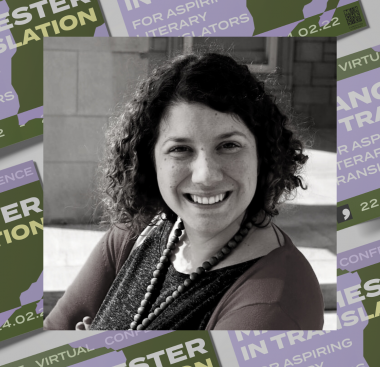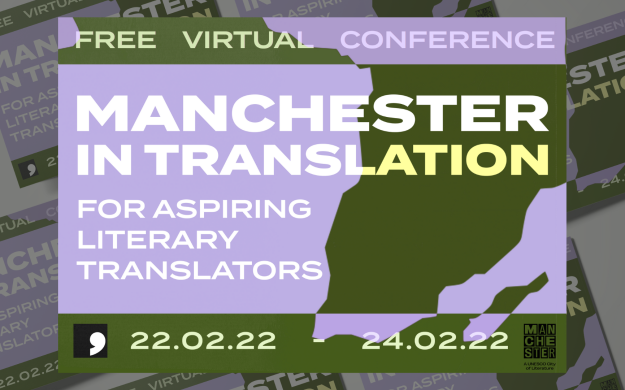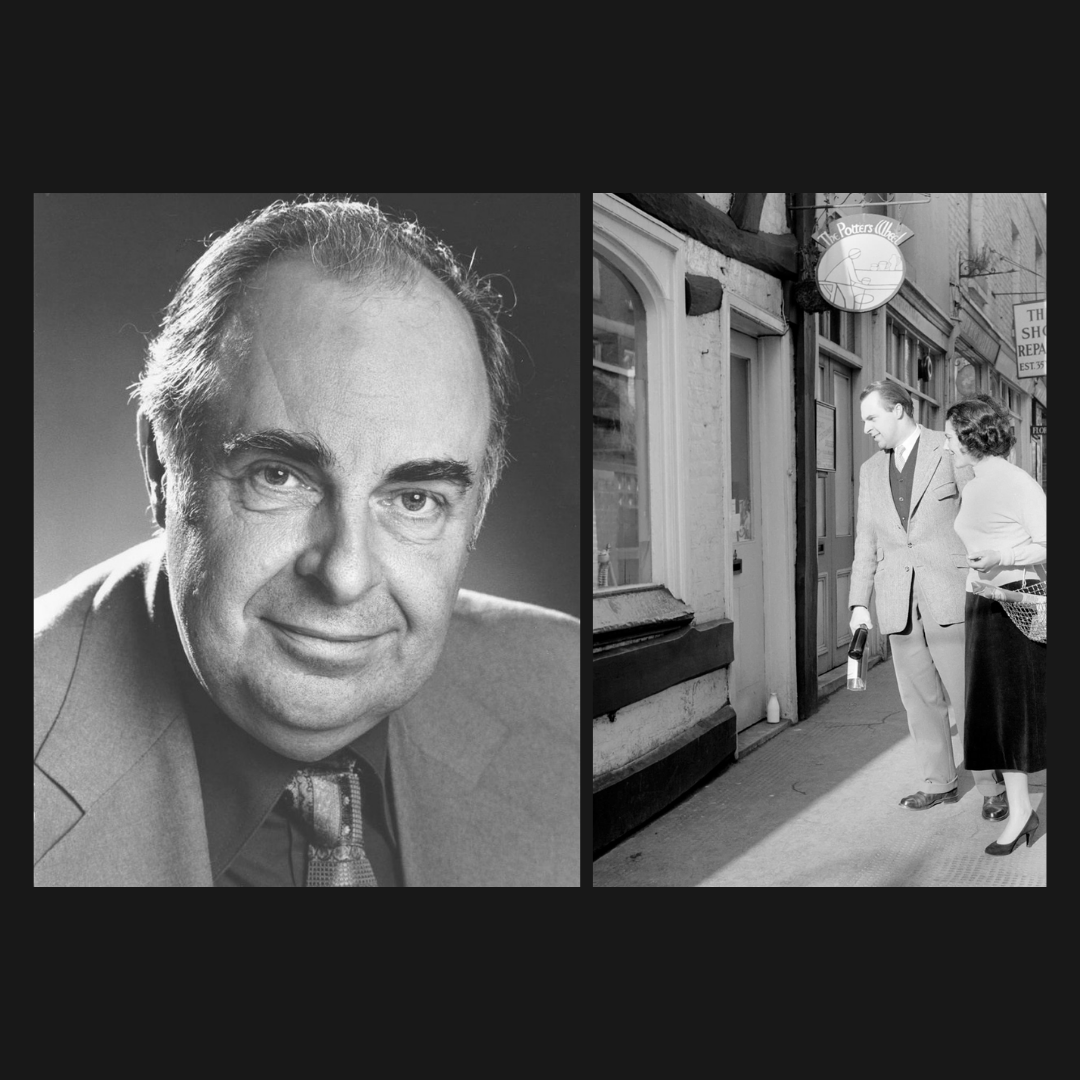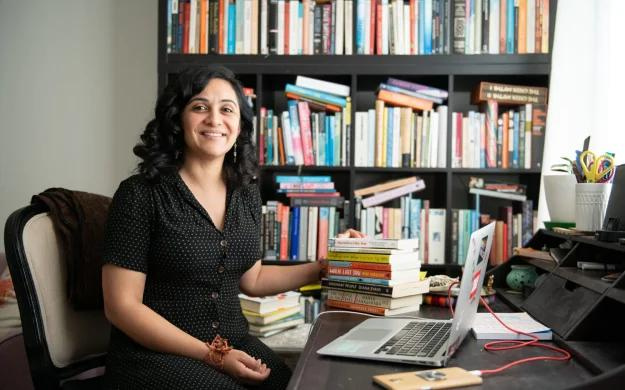Manchester in Translation: Q + A with Filiz Emre
Home To celebrate our upcoming virtual conference Manchester in Translation 2022, we will be sitting down with participating translators to find out more about their work. In this blog post we talk to Filiz Emre, who will be leading our Turkish-English translation workshop on the 23rd February.

Q: How did you become a translator, and what languages do you primarily work with and in?
I started translating children’s books for a publisher while I was working as an English language instructor in Turkey. Since then, I have translated picture books, YA fantasy series, chapter books, and I also worked in academic and commercial translation, and translated for the voluntary sector. I work primarily between English and Turkish. Most of my work up to now is into Turkish, though I have also been working into English in commercial, academic, and voluntary sector translation for some years. Having said that, translating Turkish literature has long been what I want to do and now I am trying to focus on that as much as I can find some time for; I am certainly learning a lot as I do!
Q: What are the different challenges – and possibilities – when it comes to translating non-fiction and fiction works, as well as other forms of writing?
An obvious one I can think of is, for instance, how sound and music of the writing and their alignment with the general feel of the text can be more in the forefront in fiction, and not necessarily as much in other texts. In children’s writing it’s a fun challenge to tackle sounds and the visual power of the text and I usually spend a long time figuring out word play and coining new words. On the other hand, in translating reports or academic papers it can be quite tricky to get it right in terms of different levels of formality and register in Turkish and English.
Q: You deliver workshops with Shadow Heroes. Could you explain a bit about the organisation and what this involves?
Shadow Heroes is an education initiative that delivers creative translation workshops to young people to support them in embracing all sides of their linguistic and cultural heritages – but it is much more than that too. I joined Shadow Heroes last year as a collaborator for the Exploring Race Through Translation project, and it has been a wonderful experience all round. The organisation engages with very significant issues such as representation and the power of language in a creative, critical and fun way, and I think that is important and much needed. It is also a very inspiring and supportive space to develop and discuss ideas around translation, language and representation in general.
Q: In the introduction to their edited collection Feminist Translation Studies, Olga Castro and Emek Ergun discuss how translators can also be ‘power brokers’ in encounters due to their role in facilitating, constructing – and perhaps at times also inhibiting – dialogue and exchange. Is this something you have reflected upon in relation to your own translation practices?
Yes, definitely. I must say I didn’t necessarily have this awareness when I started, instead I experienced it as a distinct shift in my approach along the way. Now I’m aware that any text and therefore any translation has the power and potential to perpetuate or resist power norms, violence and injustice through language. Recently, I have been reflecting on this while translating children’s books and architectural history papers: in how translation decisions can serve to perpetuate harmful gender stereotypes in one, or ideas about power and domination in the other. I think I could approach some translation choices, especially on portrayals of women and girls in children’s books differently today compared to some years ago. With that in mind, I try to reflect on this, and practice care at all stages.
Q. How has your work in other forms of translation – be it commercial or academic, or outside of publishing altogether (language teaching and learning, public sector and community work) – influenced your approach to literary translation?
I used to think that translation (especially translation for publishing) and other work were unrelated, separate practices, to be kept that way. In time I understood that all that other work really feeds the translation work, either practically or by opening my mind to new ideas. On the most obvious practical level, I get to learn about many things from rare diseases to the functioning of latest stairlift models, as well as the language use to write and talk about them. More significantly, as a public sector interpreter, the assumptions I never realised I made about language have been challenged on a day-to-day basis. I have witnessed and explored the multitude of ways people inhibit one or more languages and it has definitely opened my eyes to harsh realities of hierarchies of language, dialect and register and the prejudice that surrounds them. It has also given me a more confident understanding of dialects, regional use and register. This presents new possibilities when thinking about language for me, especially when I think about it in conjunction with my language teaching and learning experiences: a chance to turn our backs to the tyranny of a single norm of proficiency and embrace a sense of play and the room to experiment. So, I would like to do more to bring all this into my work when I translate in the future.
And finally, what are you reading as the moment?
I have just started Animalia by Jean-Baptiste Del Amo, translated by Frank Wynne. In Turkish, I am reading through all Selcuk Baran’s works – currently I am on Turkan Hanim’in Olumu and just started YerKusAgi, a slim work of ecofiction by Deniz Gezgin. I must say I don’t normally read multiple books at a time but it appeals to me at the moment.
Filiz Emre is a Turkish translator based in London. She has translated numerous children’s books from English to Turkish and works closely with Turkish speaking communities in London as a public sector interpreter. She delivers workshops with the education initiative Shadow Heroes, and regularly volunteers for various community projects.



